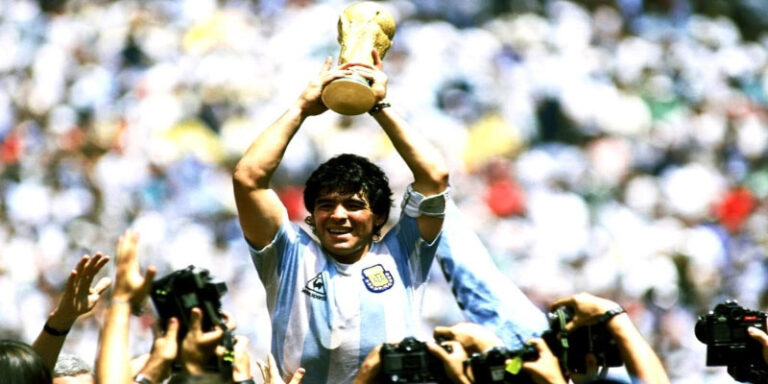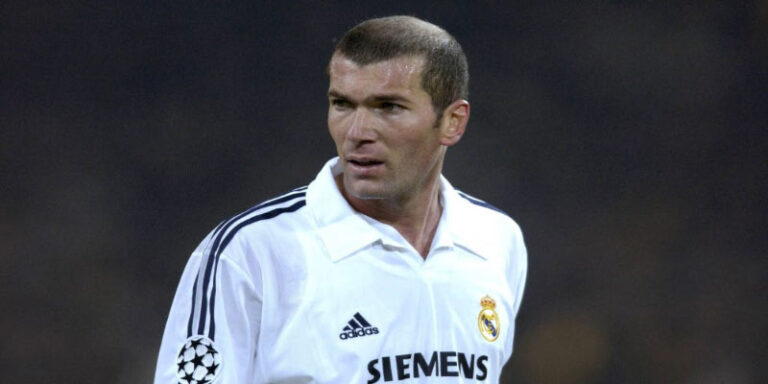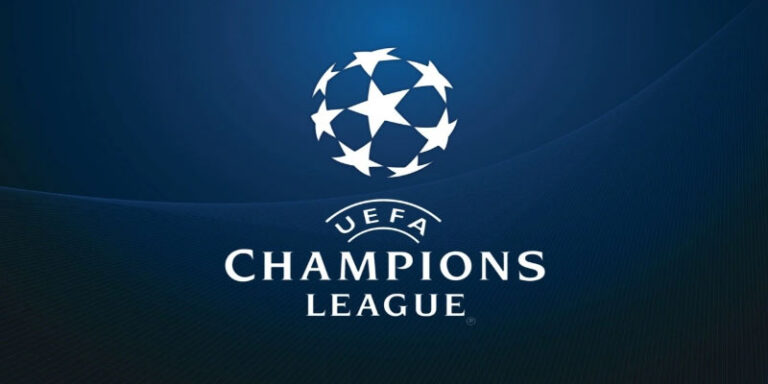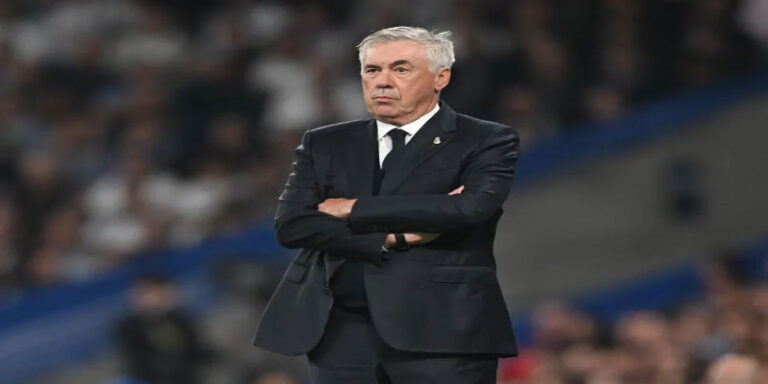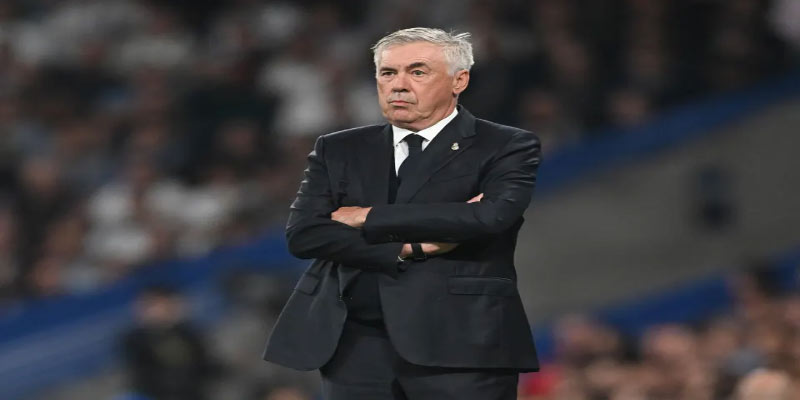
Why Carlo Ancelotti Remains Football’s Ultimate Taacctician
Carlo Ancelotti is more than a legendary coach—he’s a master of reinvention. Across Europe’s elite leagues, Ancelotti has thrived not by enforcing rigid systems, but by shaping his tactics to fit the soul of each squad he leads. From Milan’s calm authority to Madrid’s star-studded egos, his genius lies in balance—between structure and freedom, between discipline and trust. His serene leadership hides a razor-sharp footballing brain that earns both silverware and loyalty. In a game obsessed with fast fixes and fiery personalities, Ancelotti’s cool brilliance and cultural fluency make him football’s most quietly dominant force.
Player Development Under Carlo Ancelotti
Ancelotti has had a profound impact on numerous players throughout his career, fostering their development and empowering them to reach their full potential.
Personal Growth
Ancelotti is keenly attuned to the personal growth of players, recognizing that their physical and mental states are crucial to overall success.
His close interactions, understanding of individual circumstances, and encouraging demeanor foster environments where players thrive both on and off the pitch. This personalized attention creates trusting relationships that lead to exceptional performances.
Unleashing Talents
Many players experience notable development under Ancelotti’s management due to his knack for identifying and unleashing individual talents.
Whether it’s turning an aging star into a playmaker or helping a young prodigy adapt to professional football, Ancelotti’s insights often lead to dramatic improvements that elevate entire teams.
Encouraging Creativity
Ancelotti’s tactical setups encourage players to express themselves creatively. The fluidity embedded in his approaches allows players the freedom to improvise, enhancing their skill sets.
For instance, he has been instrumental in shaping the careers of stars like Kylian Mbappé and James Rodríguez, not by imposing strict tactical restraints but by providing them with the frameworks they needed to flourish.
Contrast Between Carlo Ancelotti’s Teams
The contrast between the teams coached by Ancelotti offers a fascinating insight into his tactical philosophy and adaptability across clubs and leagues.
AC Milan vs. Chelsea
At AC Milan, Ancelotti’s teams epitomized elegance, tactical discipline, and synergy. The attacking richness, combined with a solid defensive core, made them formidable contenders in Europe.
In contrast, at Chelsea, he was handed the challenge to instill discipline while harnessing an array of high-profile players with diverse backgrounds. His success at Chelsea relied heavily on effective management of player personalities, striking balances between flamboyant attackers and rugged defenders.
PSG vs. Bayern Munich
When at PSG, Ancelotti emphasized an attacking style concentrated around swagger and creativity, which was in stark contrast with the pragmatic and robust approach he adopted at Bayern Munich.
His time at Bayern saw tactical flexibility, as he created a well-balanced team that blended attacking potency with defensive solidity, illustrating how Ancelotti can adapt his managerial style to meet different club needs.
Real Madrid’s Expansive Vision
Real Madrid during Ancelotti’s tenure was an intriguing blend of flair and tactical adaptability. The blend of established superstars and emerging talents created an expansive vision of modern football that relaunched the team as a dynamic force in both domestic and European competitions.
This adaptability showcases Ancelotti’s prowess; he thrives regardless of the distinct challenges posed by each club’s environment.
Lessons from Carlo Ancelotti’s Leadership Style
Ancelotti’s leadership style offers valuable insights into effective management in sports and beyond.
Emotional Intelligence
One of his most compelling traits is a high emotional intelligence that fosters an interpersonal understanding with players. He recognizes their individual emotions and feelings, which is crucial in establishing trust and rapport within the squad.
This people-centric approach creates a harmonious environment conducive to performance under pressure, showcasing how emotional intelligence can lead to better outcomes in any leadership role.
Adaptability
Ancelotti’s capacity to adapt is a lesson for all leaders. Rather than applying a one-size-fits-all methodology, he tailors his strategies, understanding that each team and player is unique.
This adaptability fosters an atmosphere that allows creativity to flourish, where players feel empowered to contribute their best efforts in any situation.
Emphasis on Team Culture
Perhaps the most significant lesson from Carlo Ancelotti‘s leadership style is the importance of fostering a strong team culture. His focus on harmony, collaboration, and shared understanding helps cultivate a conducive work environment.
This focus on creating strong relationships among team members leads to better cohesion and collective success, principles that can be applied cross-sector in organizational leadership.
Conclusion
Carlo Ancelotti stands out as a beacon of success and innovation in the football management landscape, delivering insights and strategies that resonate across levels of coaching. His adaptability, emotional intelligence, and nurturing approach underline the essence of effective leadership. Through his achievements and influence on the sport, Ancelotti’s coaching philosophy not only shapes football but serves as a guide for aspiring coaches and leaders seeking to thrive in their discipline
